 The United Democratic Movement (UDM) had noted the social media posts of the scenes at the Gqeberha City Hall yesterday, where thousands of young hopefuls pitched to register for an Expanded Public Works Programme (EPWP), National Department of Public Works and Infrastructure Gqeberha Regional Office to render cleaning services at the north End Magistrate’s Office, Port Elizabeth State Attorney’s Office and the New Brighton Magistrate’s Office.
The United Democratic Movement (UDM) had noted the social media posts of the scenes at the Gqeberha City Hall yesterday, where thousands of young hopefuls pitched to register for an Expanded Public Works Programme (EPWP), National Department of Public Works and Infrastructure Gqeberha Regional Office to render cleaning services at the north End Magistrate’s Office, Port Elizabeth State Attorney’s Office and the New Brighton Magistrate’s Office.
It is clear that there is a severe demand for jobs and an immense need for jobs in Gqeberha.
The United Democratic Movement (UDM) is concerned about these disturbing images of desperate young people rushing past each other to be first in line to get to the doors of the Gqeberha City Hall.
This is not good news for the Metro, it confirms that we have a severe unemployment crisis of epidemic proportions.


• Identifying alternative and innovative financing options to assist small entrepreneurs. These options shall include the establishment of local stock exchanges, small and medium business investment corporations, community development banks, negotiations with investment and insurance funds for venture capital and the establishment of credible micro-finance institutions.
• Reintroducing government programmes (maintenance units) that employ and train the unemployed as artisans in, for instance, agricultural and community development projects. Transforming these programmes into self-sustaining, locally-owned businesses that can grow, accumulate assets and create jobs is imperative.
• Adopting a venture capital mind-set, providing seed money to local enterprises for which they would receive a share in the returns of the enterprise. Local government shall be empowered to provide resources for developing appropriate infrastructure for street traders and hawkers to support these fledgling entrepreneurs. This will encourage their important role in the economy as well as contribute to job creation and enterprise development in the local economies.
• Reserving via legislation – such as in other parts of the world – certain enterprises solely for South African citizens such as, but not limited to:
• the sale of goods or provision of services in a market, petty trading or hawking or selling of goods in a stall at any place and spaza shops;
• the operation of taxi or car hire service in an enterprise that has a fleet of less than twenty-five vehicles;
• the production of exercise books and other basic stationery;
• the retail of finished pharmaceutical products.
• Encouraging partnerships between South Africans and non-South Africans in the operation of beauty salons or barber shops to encourage skills transfer.
• Unlocking the role of business in developing mentorship programmes and establishing small-scale sub-contracting arrangements with local SMMEs. Such programmes must provide training and financial assistance to build upon SMMEs’ existing technical and manufacturing capabilities; improving the quality of their products and their delivery and ultimately creating successful self-sufficient suppliers.






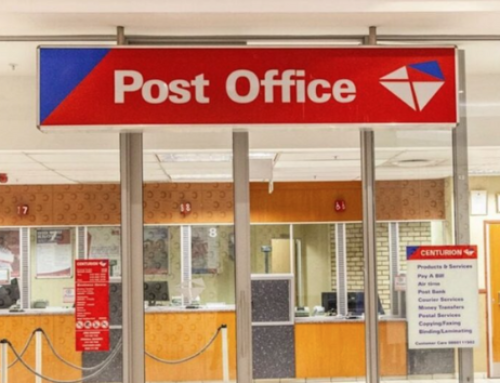
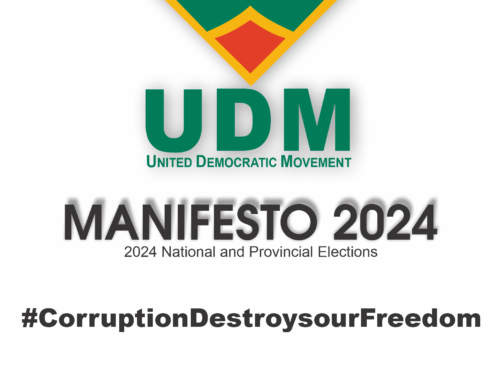










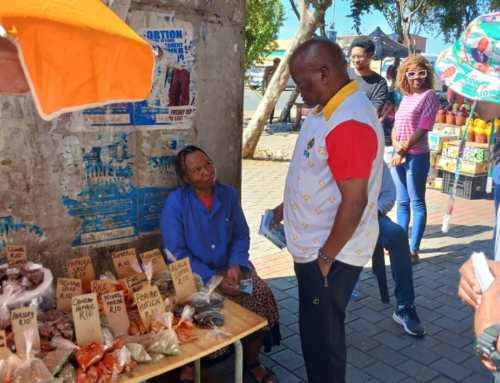
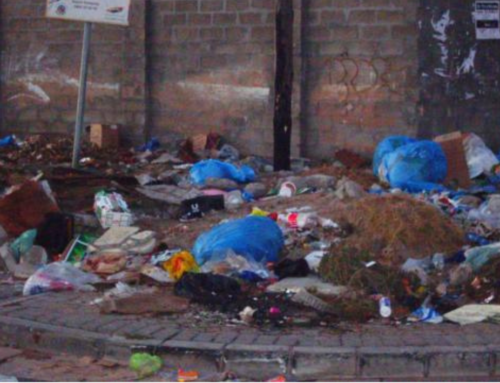



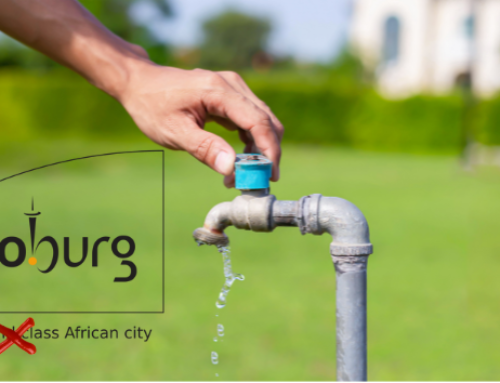
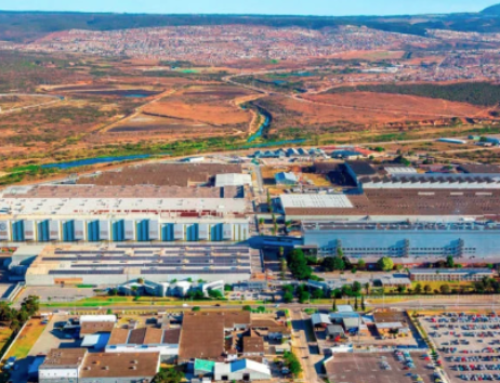







Leave A Comment